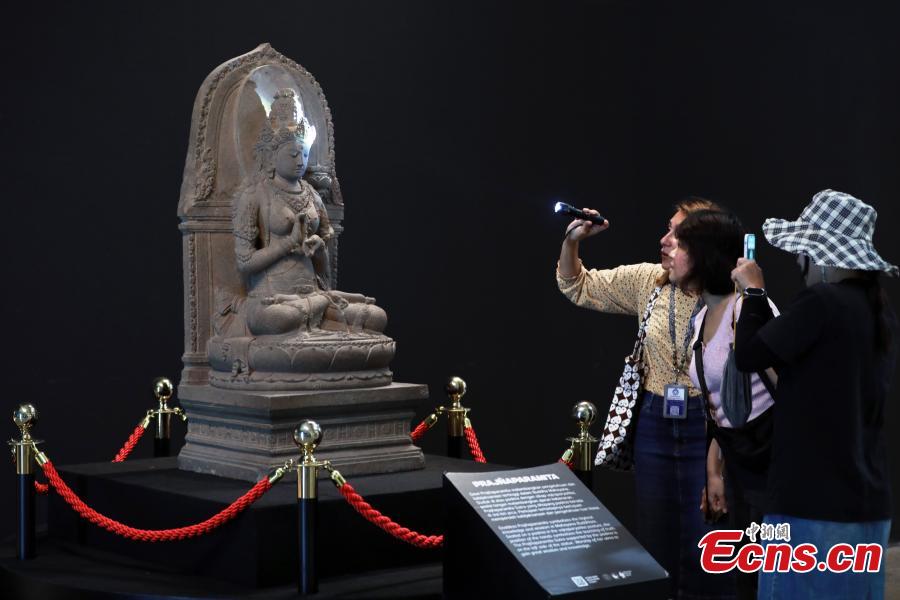
When 30 students at Columbia University started their graduate course on cloud analytics last month, they were introduced to the instructor, the syllabus and, for the first time, an AI assistant. It was a chatbot trained on course materials and meant to guide students throughout the term. Its opening screen read: “IEOR E4526 AI Companion.
I encompass lecture content, in-class notebooks, and past student forum conversations from IEOR E4526. I am here to assist you 24/7.” From there, students could turn to the chatbot for help understanding course concepts or completing specific assignments.
That cloud analytics class was the first to test an AI tool called , developed by a Columbia student named Yipu Zheng. According to a , Zheng, who is pursuing a Ph.D.
in the Teachers College at Columbia, spent six months developing the tool to help teachers create individualized AI assistants for their classes. Curiously can also answer administrative questions and debug code, if teachers are comfortable with coding, although the interface does not require teachers to code when creating their tools. Once they’ve created the AI companion, it becomes a tool for students to engage with to reflect on coursework, assess their projects and generally reinforce learning.
Zheng said Curiously uses a large language model (LLM) similar to tools like ChatGPT, but that was the easier part of the development process. Most of the team’s work was on differentiating their tool from ChatGPT and tailoring it for education. “Most AI tools today are built by people with little knowledge of how people learn, with business interests coming before the well-being of children,” Paulo Blikstein, a professor of communication, media and learning technologies who advised Zheng on the project, said in a from Columbia.
“We do exactly the opposite: put young people first and use technology to empower — not replace or deprofessionalize — teachers.” For example, to minimize inaccurate chatbot responses, AI course companions created by Curiously draw only upon course documents input by the instructor. To ensure that this is the case, Curiously employs a system called retrieval-augmented generation (RAG), combining LLM text-generation technology with an external information retrieval system.
This required Zheng and the research team to create an external database for instructors to store and index different kinds of class materials. When a user asks an AI companion a question, Curiously locates relevant information from this database, then combines it with the original query to essentially re-prompt itself with “use this information to answer this question.” This can minimize “hallucinations,” a term for incorrect information from a generative AI tool.
This RAG system might be helpful for students using the Concept Assistant, which provides explanations on key concepts in the course. The other side of Curiously, the Assignment Assistant, distinguishes itself from ChatGPT in another way: Even when asked, it will not give answers directly, and instead will guide users through a problem-solving process. When an instructor inputs course materials, they can also input hints and guides to help with this.
Assignment Assistant allows students to upload photos of their class projects, then provides feedback and troubleshooting advice. Teachers can review how students are using the chatbot through an analytics dashboard that shows progress for individuals, as well as for the class overall. Zheng said that as more teachers use Curiously’s beta program, the team will conduct regular evaluations and data analysis of their own.
They will also seek input from educators and student users. They hope that by minimizing the use of coding in the teacher interface, Curiously will help bring AI tools to historically underserved students. According to Curiously’s , the team is also looking for funding for under-resourced communities.
So far, Curiously has won funding through the 2024 , at which they earned a $50,000 catalyst award, and a for the Columbia School of Engineering..










